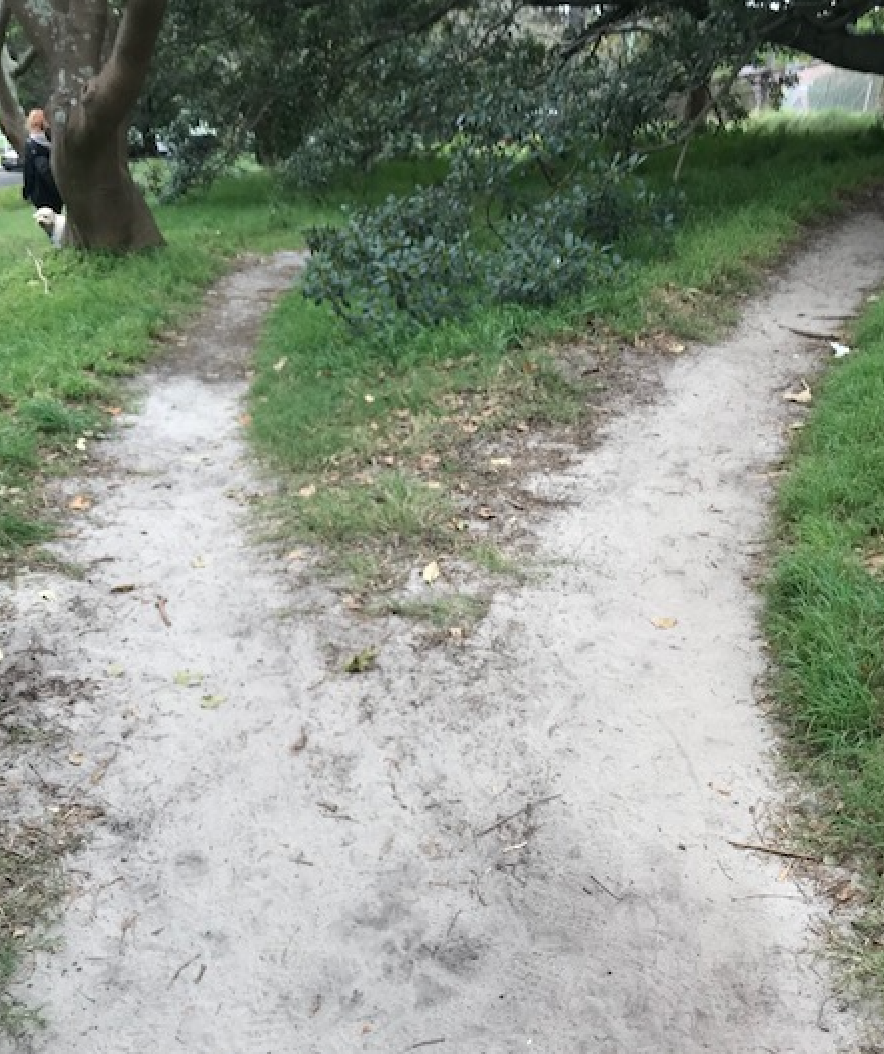Most people get stuck in their career at some stage.
There are many reasons for this age, boredom, limited opportunities or retrenchment for example.
And in today’s fast paced, ever-changing world being stuck in your career is increasingly a likely scenario.
AI for example can be both a threat and an opportunity.
So more people regardless of their past accomplishments might have to reinvent their career.
But how to do this?
The starting point for me is to switch your thinking.
You need to be able to switch from your usual mode of thinking to a different mode.
By doing so you can see existing opportunities with new eyes and/or open your mind to new career possibilities.
It is my experience that many managers and leaders (of all ages) get stuck in one way of thinking about their career.
A law degree for example does not mean you have to become a lawyer.
Viewed through another lens means that a law degree gives you critical thinking skills, an ability to analyse information and present a coherent argument for example.
This new lens could open up your mind to an array of opportunities rather than being a lawyer.
It requires you to perhaps reinvent your career.
This can be both scary and exciting.
It certainly requires a more flexible, open mind and a new way to think which I call Switch Thinking.
This gives you a more empowering tool kit to change the direction of your career.
Here how the Switch Thinking 5 Step process can work to help you to reinvent your career.
I have used Bard (or ChatGPT) in this example as a way to open up both our minds.
This is a real example of a colleague who I recently helped.
Let’s call her Jane (not her real name).
We did the 5 Steps Switch Thinking Process together.
Step 1. Start
We entered some information into Bard about Jane e.g. her interest in sport, background in finance, her strong communication and presentation skills, her passion for politics and interest in big issues etc.
We then asked Bard to come up with 5 potential career steps.
Some of these included:
‘Communications Consultant and a Public Speaker or Workshop Leader’
Step 2. Switch
We then asked Bard to re-consider some potential career steps from the perspective of Greta Thunberg, a Swedish environmental activist.
Why Greta? Completely random.
The goal in this step is to think differently about your career direction so we selected one of the 6 Switches (i.e. Switch Perspective).
Bard then generated a new list of potential but left-field career opportunities e.g. Mental Health Support for Athletes or a Sustainable Sportswear Consultant.
Step 3. Connect
Then we asked Bard to connect the initial ideas to the switched ones to develop a bigger (perhaps better) career opportunity.
In this case Bard came up with:
‘Blending the “Sports Commentator” and “Mental Health Support for Athletes” roles, Jane could become a Sports Commentator with a Focus on Mental Wellbeing. She would use his storytelling skills to not only analyze games but also highlight the mental challenges and triumphs faced by athletes.’ (this is Bard)
Step 4. Evaluate
We then asked Bard to evaluate all the initial, revised and connected ideas on the basis of passion, feasibility and market appeal (note – we decided the criteria).
Bard’s response was:
‘Sports Commentator with a Focus on Mental Wellbeing:
- Passion: Combines Jane’s love for sports and desire to support athlete well-being.
- Feasibility: Requires communication skills, sports knowledge, and understanding of mental health. Expertise in specific sports could be an advantage.
- Market Appeal: Increasing awareness of mental health in sports creates demand for such commentators, although competition might be high.’
Step 5: Test
Then we asked Bard could it develop a way to test the high scoring career ideas and opportunities.
Bard replied:
‘Quick & Easy Testing Options:
- Start a sports blog or podcast: Create content analyzing games while incorporating discussions about mental health challenges and resources for athletes. Build an audience and refine your storytelling approach.
- Offer to guest commentate on local sporting events: Volunteer with local sports teams or leagues to gain on-air experience and showcase your unique commentary style focused on athlete well-being.
- Develop short video commentaries: Record yourself analyzing specific sporting events from a mental health perspective and share them on social media to gauge reactions and build your online presence.
- Connect with sports media outlets or podcasts: Reach out to local or online sports media platforms and pitch your unique commentary perspective on athlete mental health to gain exposure and potential opportunities.’
Jane was fascinated with many of these ideas.
These ideas opened her mind to a rich source of new career possibilities.
What’s more she was excited about using the Switch Thinking 5 Step Process with AI again and again not only to reinvent her career but to develop breakthrough ideas and solutions.

